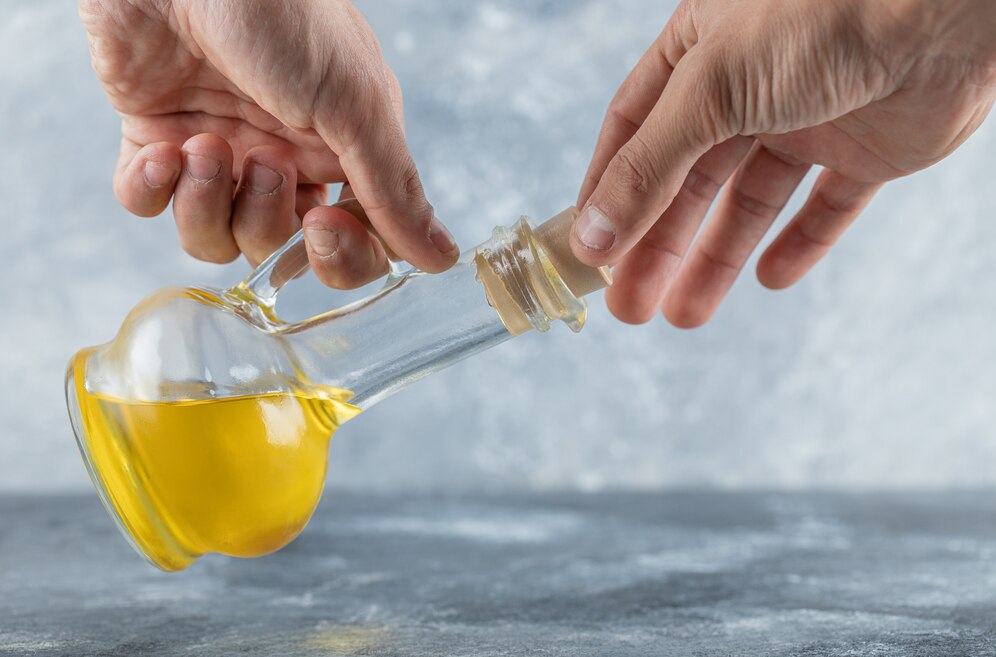Reusing cooking oil may seem like a smart way to save money, but it poses significant risks to both your health and the quality of your food.
Many home cooks reuse oil to cut costs and reduce waste, but culinary experts warn that this practice can be dangerous. An experienced chef explains the hidden dangers behind this common habit.
When oil is heated, it undergoes a chemical process called oxidation. This breakdown creates harmful compounds, including free radicals, which can damage your cells. "Repeated heating weakens the oil's structure and diminishes its nutritional value," says Chef. "As the oil becomes more unstable, it releases toxins that can be harmful to your health."
Research, such as the study titled Impact of Consumption of Repeatedly Heated Cooking Oils on the Incidence of Various Cancers, suggests that repeatedly heated oils can increase cholesterol, LDL, triglycerides, and inflammatory markers, contributing to liver and colon damage.
Chef recommends using smaller amounts of oil when frying or opting for healthier cooking methods like grilling or baking. These small changes can reduce health risks and encourage better eating habits.
Besides the health dangers, reused oil also affects the taste and texture of your food. Used oil absorbs the flavours of whatever it has cooked, which can lead to unpleasant, off-putting tastes in future dishes. This is particularly noticeable with fried foods, as reused oil loses its ability to crisp, leaving food greasy instead of golden and crunchy. Moreover, the breakdown of oil can irritate your stomach and interfere with digestion.
While reusing oil might save money, Chef argues that fresh oil offers a much better experience for your taste buds and overall health. Although fresh oil may be a bit more expensive, it's a small price to pay for avoiding the long-term health risks associated with reused oil.





